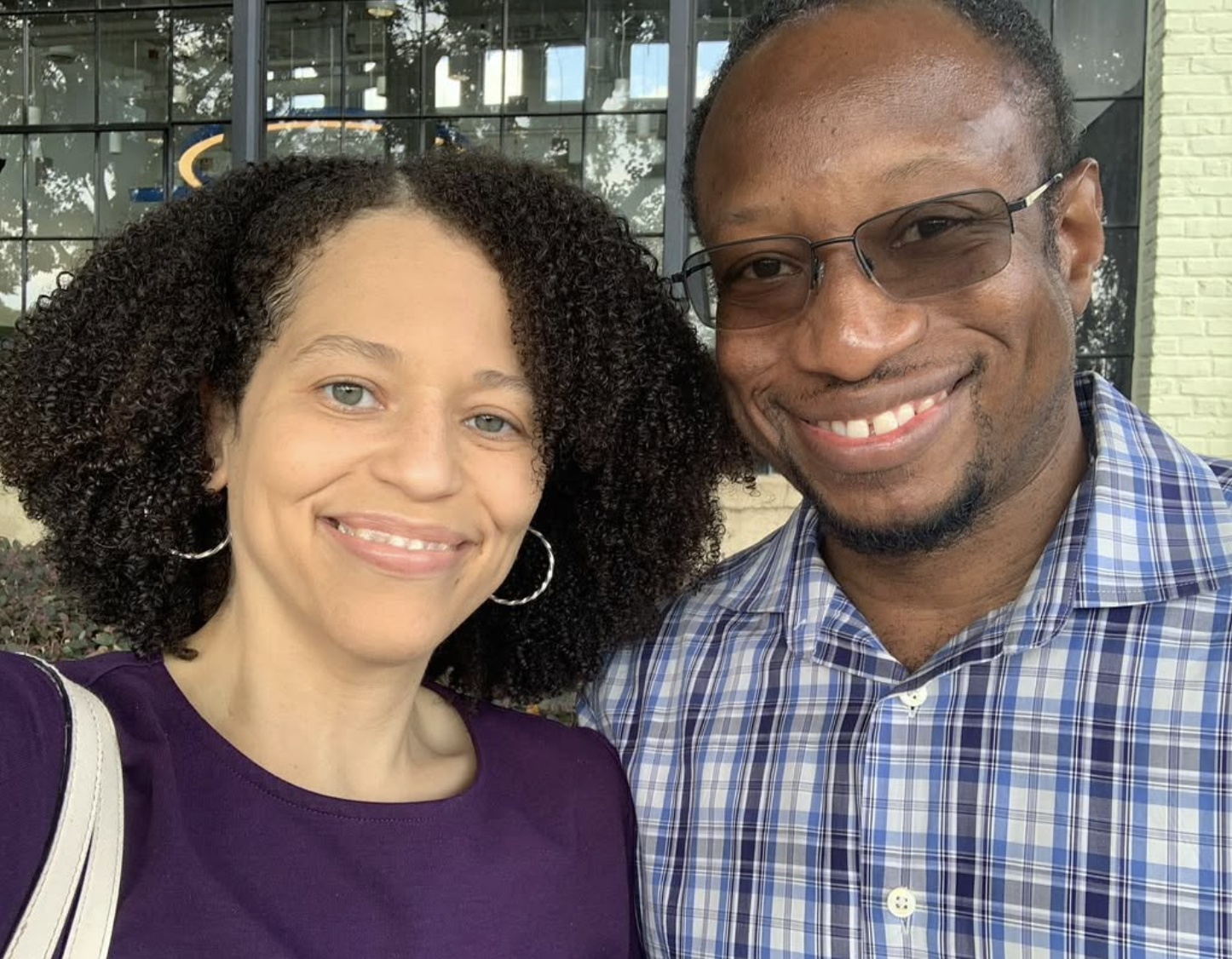Repent or Rejoice?
- Dr. Gail N. Kemp & Dr. Joel B. Kemp

- Sep 29, 2025
- 2 min read

In the Gospels, Jesus tells us that the one who's been forgiven little loves little, and the one who's been forgiven much loves much (Lk 7:47). These statements suggest that there's a correlation between the amount of one's forgiveness and one's love. The greater the forgiveness, the deeper the well of love. In recent days, the drumbeat of America's innocence has become almost deafening. Whether it is the continued hagiography of Charlie Kirk, or the responses to the elimination of African American history from various museums, or the reinstitution of Confederate monuments, America continues to say, “I am innocent of all racial sins.” Indeed, America continues to go so far as to say, “if you accuse us of racial sin, then you are the guilty one.”
My wife and I have spent a lot of time talking about the intersection of clinical psychology and Christian theology. In these conversations, we talk about the notion that America has a lack of chronic empathy. In particular, the lack of chronic empathy is prevalent in racial matters. For example, America by and large was outraged by the murder of George Floyd in 2020. Like much of the world, the casual taking of a human life pricked people's conscience. As such, many new initiatives affirming the value of Black and Brown lives were instituted in this country. Now, less than five years later, many of those same policies are against federal law.
Why is this happening so quickly? And what does this have to do with Jesus and the lie of white supremacy? One of the potential solutions for this moment is to think about a reformation in American Christianity. That reformation is not necessarily about Christology, soteriology, or other theological categories. Rather, it is a need to reconsider how the lie of white supremacy (Kemp and Kemp, in preparation) has tainted interpretations of Christianity and “changed the truth of God into a lie” (Ro 1:25).
We are convinced that the only sins the blood cannot cover are the sins that are never confessed. America’s perpetual proclamation of innocence creates a blockade against receiving the forgiveness that Christ's blood can provide. As Andre Crouch famously wrote, the blood shall never lose its power because it reaches to the highest mountain and flows even to the lowest valley. For us, that lowest valley in America is the continued sin of the lie of white supremacy and the anti-Black racism it produces. Maintaining a state of denial of sin further hinders the ability to receive the sweet balm in Gilead. This blocked forgiveness results in an impoverished love—one that is too shallow to maintain empathy for others—rendering it impossible to fulfill the greatest commandments Jesus proclaims (Mt 22:36-40).
Our call to our conservative brothers and sisters, particularly our white conservative brothers and sisters, is to bring the sin of racism to the cross. Let the blood that flows from Christ’s side cleanse America of that sin, purge this nation of its complicity, and truly bring about the beloved community that we say the gospel intends. For if Paul is right that there is neither slave nor free, male nor female, Jew nor Gentile, then Christ's blood is sufficient to make that change in this country.




Comments